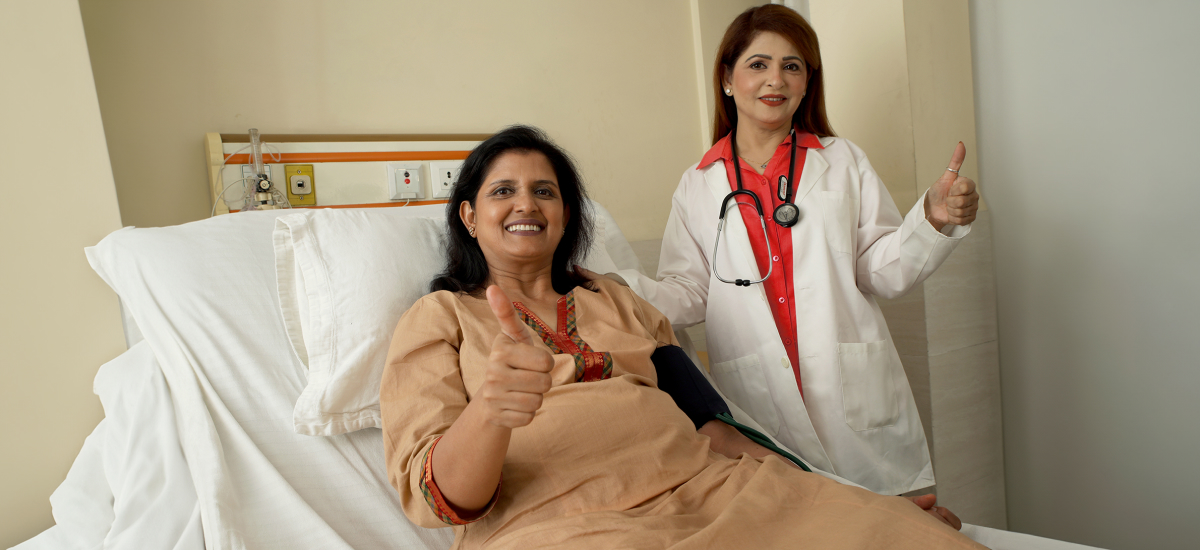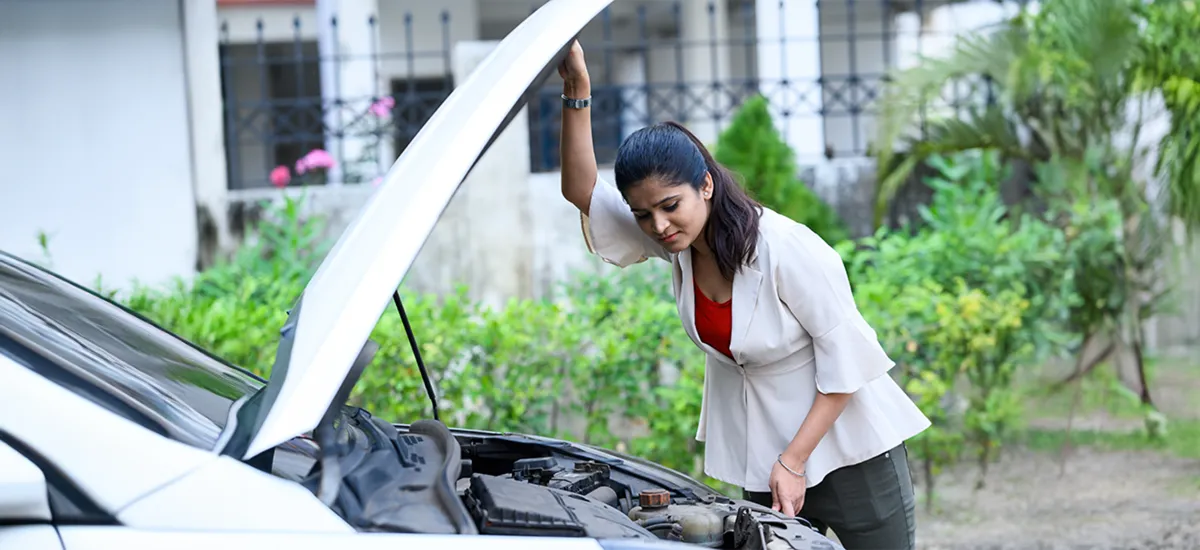Women juggle a million things—work, family, and that never-ending to-do list. But here’s the thing – taking care of ourselves isn’t selfish; it’s essential! And guess what? A big part of that is being proactive about our health.
We’ve all heard the saying ‘prevention is better than cure,’ right? Well, it’s especially true when it comes to women’s health issues. That’s where lifesaving screenings come in. They detect problems before they snowball into anything bigger. Plus, with a little knowledge about these screenings, you can be proactive and take charge of your well-being.
So, let’s chat about key screenings that can be a game-changer for women’s health.
A guide to key screenings to navigate women’s health
Screenings are tests that doctors use to check for certain diseases. Here’s an overview of some key tests that every woman should consider –
· Blood pressure and cholesterol checks for heart health
These simple blood tests check your ‘bad’ (LDL) and ‘good’ (HDL) cholesterol levels and blood pressure. Check it regularly, especially if it runs in your family. They help identify any risk factors for heart disease, a common concern for all of us. Your doctor will tell you how often to get these based on your needs.
· A1c test for diabetes
Ever feel super tired or crave sugary treats more than usual? It could be a sign of diabetes. An A1c is a quick blood prick test that measures average blood sugar control over the past 2–3 months. It will allow for diabetes detection and management, improving overall women’s health.
· Mammogram for breast cancer
This is important, ladies. Mammography uses X-rays to check for breast cancer. The American Cancer Society recommends yearly mammogram tests starting at 45 and every two years at 55. However, the general consensus suggests that every woman should start this screening at 40. Discuss this with a doctor to determine the best approach.
· Cervical cancer
Get a pap test (it is painless) that checks for abnormal cells in your cervix, which can lead to cervical cancer every 3 years between ages 21-65. You can also combine this with an HPV test to detect the virus linked to this cancer every 5 years between ages 30-65. Talk to your doctor about your best option based on your age and risk factors.
· Colonoscopy for colorectal cancer
(It’s not glamorous, but it’s important for women’s health nonetheless) A colonoscopy uses a camera-equipped tube to examine your colon for polyps (precursors to cancer). If you’re 50 or older, discuss getting a colonoscopy with your doctor.
· Skin cancer
The sun is our friend, but too much can be harmful. While using ample sunscreen, you should regularly check your skin for suspicious moles or changes. Do monthly self-checks at home, and schedule annual skin exams with your doctor.
· Bone density scan for osteoporosis
As we age, our bones can become weaker. Women over 65, or those with risk factors, should talk to their doctor about a bone density scan. It will help you assess your bone health and identify osteoporosis early on.
The recommended age and frequency of screenings may vary depending on women’s health history and family risk factors. It's important to talk to your doctor about a personalized screening plan.
Why is early detection important for women’s health?
Here are a few important reasons for early detection –
· Catch it early, crush it hard
Many diseases, especially cancers like breast and cervical cancer, are way easier to beat when you find them early. The result? Treatments are more effective; you have better odds of winning the fight; you will live a long, healthy life.
· Small problem, small solution
Early detection often means dealing with smaller issues like tiny tumors or pre-cancerous cells. It lets you use gentle weapons—think outpatient procedures instead of major surgeries. No need for heavy-duty treatments that leave you feeling wiped out. Less drama, faster recovery, and back to being awesome in no time.
· Live life to the fullest
Nobody wants to miss out on adventures because of health struggles. Early detection and treatment can minimize long-term problems and side effects, keeping you energized and ready to conquer your world.
· Save the day (and your wallet)
Early detection is way cheaper than treating the advanced stages of a disease. You will avoid expensive surgeries, radiation, and chemo.
Hence, preventive screening not only protects women’s health but also keeps finances healthy.
When to see a doctor?
Listen to your body. If there are symptoms like lumps, bleeding, or persistent pain, don’t hesitate to see a doctor. While early detection is critical, a doctor’s diagnosis is always necessary to properly treat and manage women’s health issues.
Sometimes, getting a second opinion can be super helpful. It’s not about doubting your doctor but rather getting a different perspective. It can give you peace of mind and ensure you have all the information you need to make informed decisions.
You can take control of your health journey by getting informed about lifesaving screenings and talking openly with your doctor. Remember, early detection is a powerful tool, and you deserve the best chance at staying healthy and happy.
And to make this proactive approach even smoother, explore women’s health insurance options. It can help ensure these screenings are accessible and affordable, removing any financial worries that might hold you back.






























